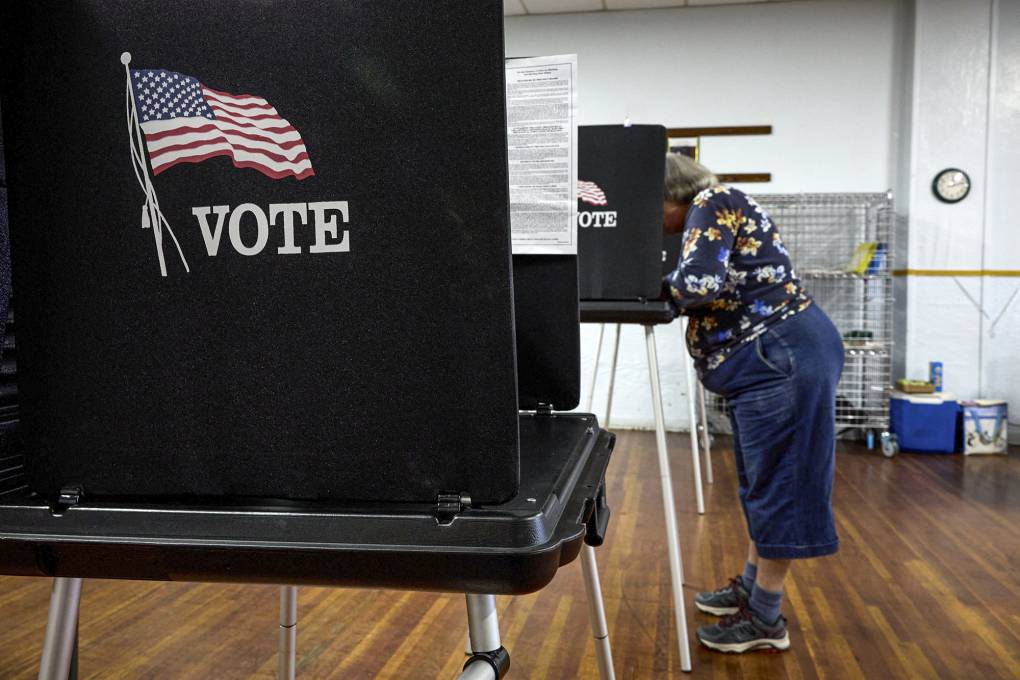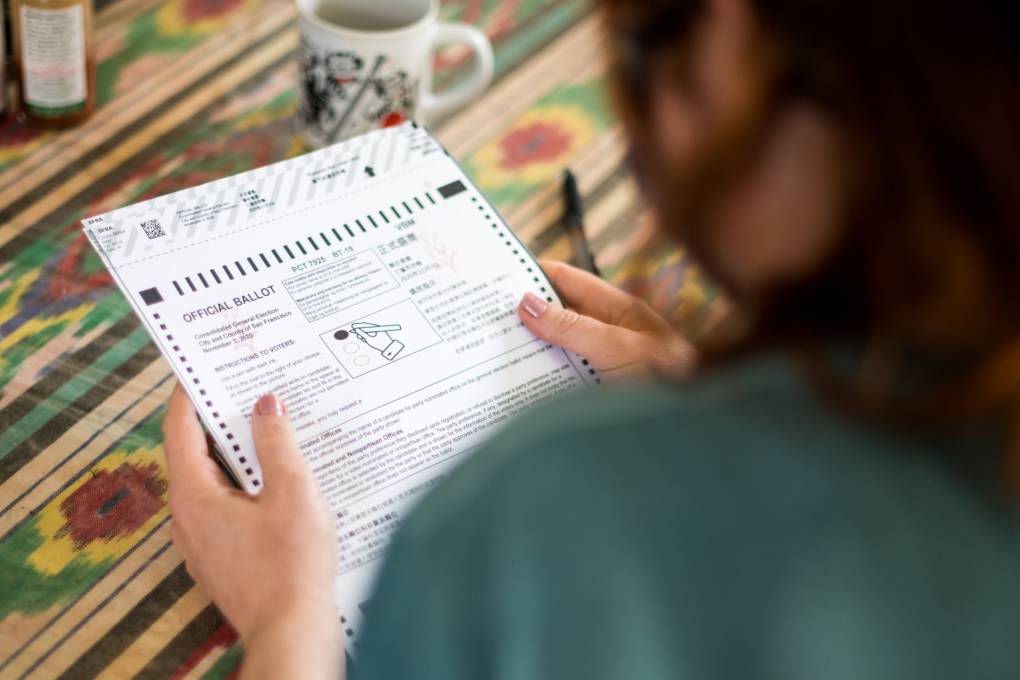After spending nearly $200 million to carve out a state labor law exemption for their app-based workers, companies like Uber, Lyft and Instacart are just short of selling a majority of voters on Proposition 22, according to a new Berkeley IGS Poll.
The survey finds that 46% of likely voters support allowing those companies to treat their drivers and delivery workers as independent contractors rather than employees, and 42% say they are opposed to it. Twelve percent of voters say they are undecided, suggesting perhaps some confusion about the somewhat complicated ballot measure.
Since the IGS poll in mid-September, the measure has gained both support and opposition, while the percentage of undecided voters has fallen. That poll five weeks ago found 39% of likely voters supporting Prop. 22 and 36% on the No side, with 25% undecided.
The measure pits companies in the gig economy against organized labor, which is opposing Proposition 22. However, opponents have raised just one-tenth what the high tech companies behind the measure have spent — so far.
The poll found wide differences between subgroups of the electorate. Republicans, nonunion households and older voters were most likely to support Prop. 22. Democrats and voters under the age of 39 were most strongly opposed to it.
Among different racial groups, Black voters are mostly likely to support Prop. 22 while Asian and Latinx voters are evenly divided.



